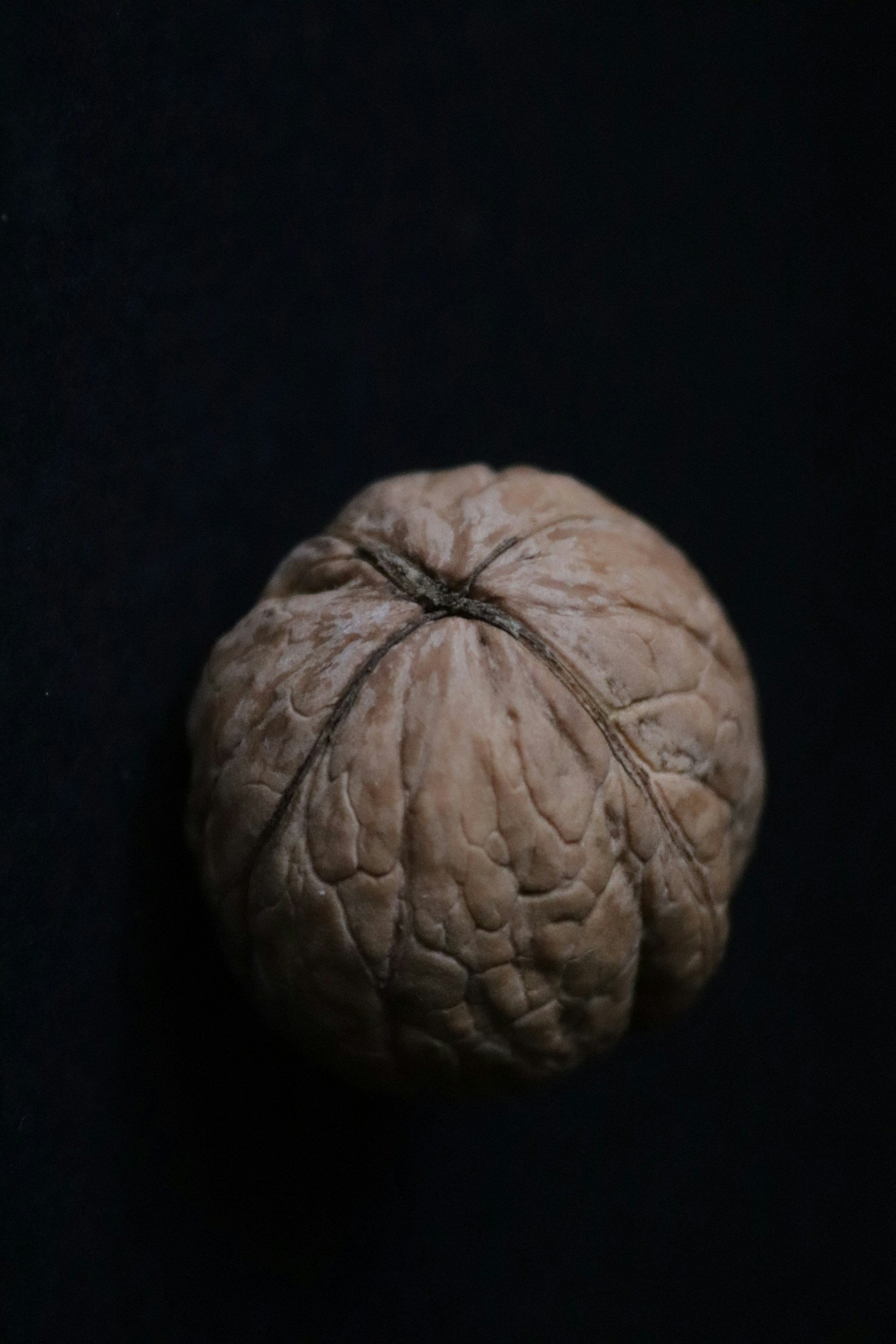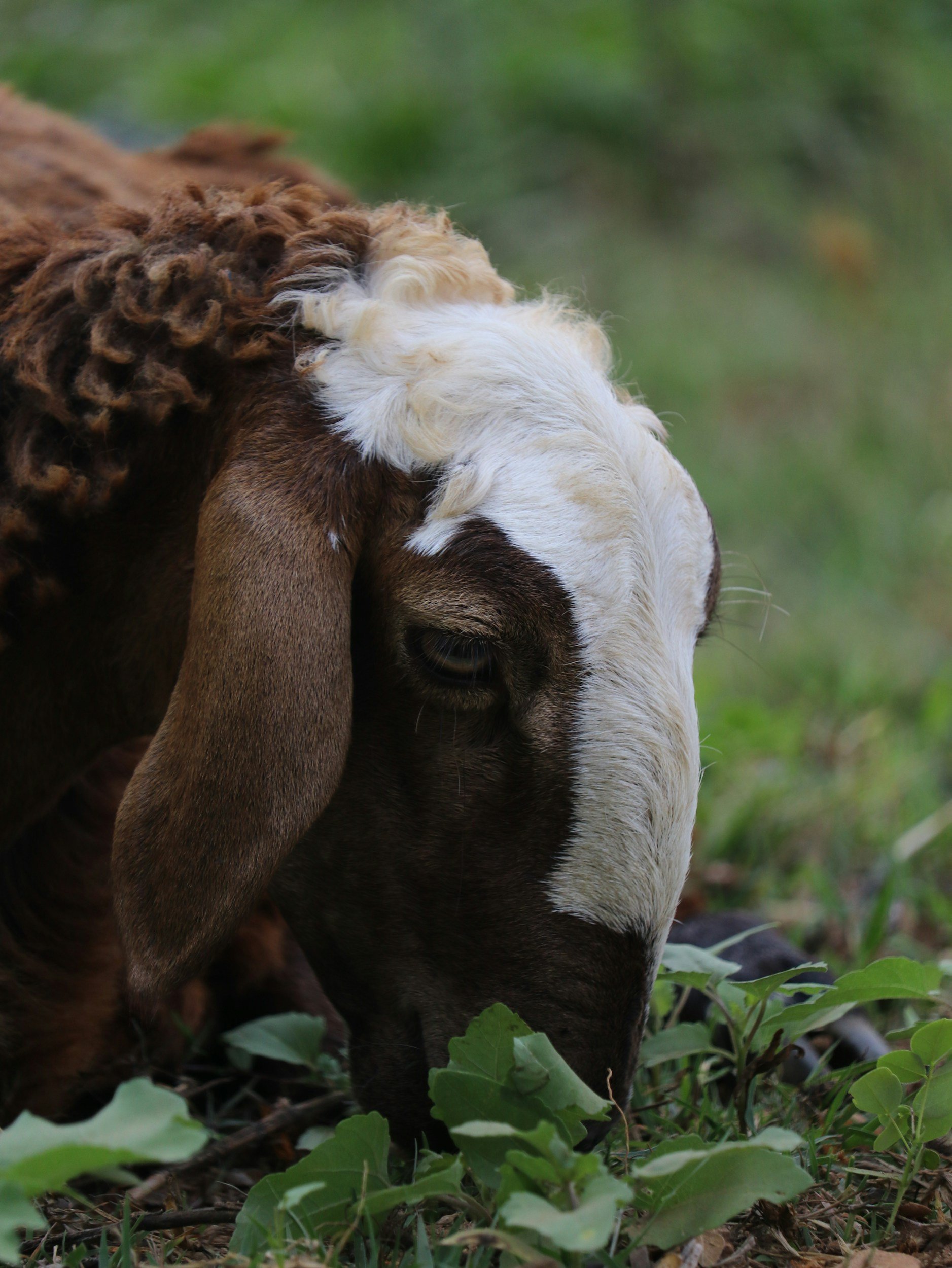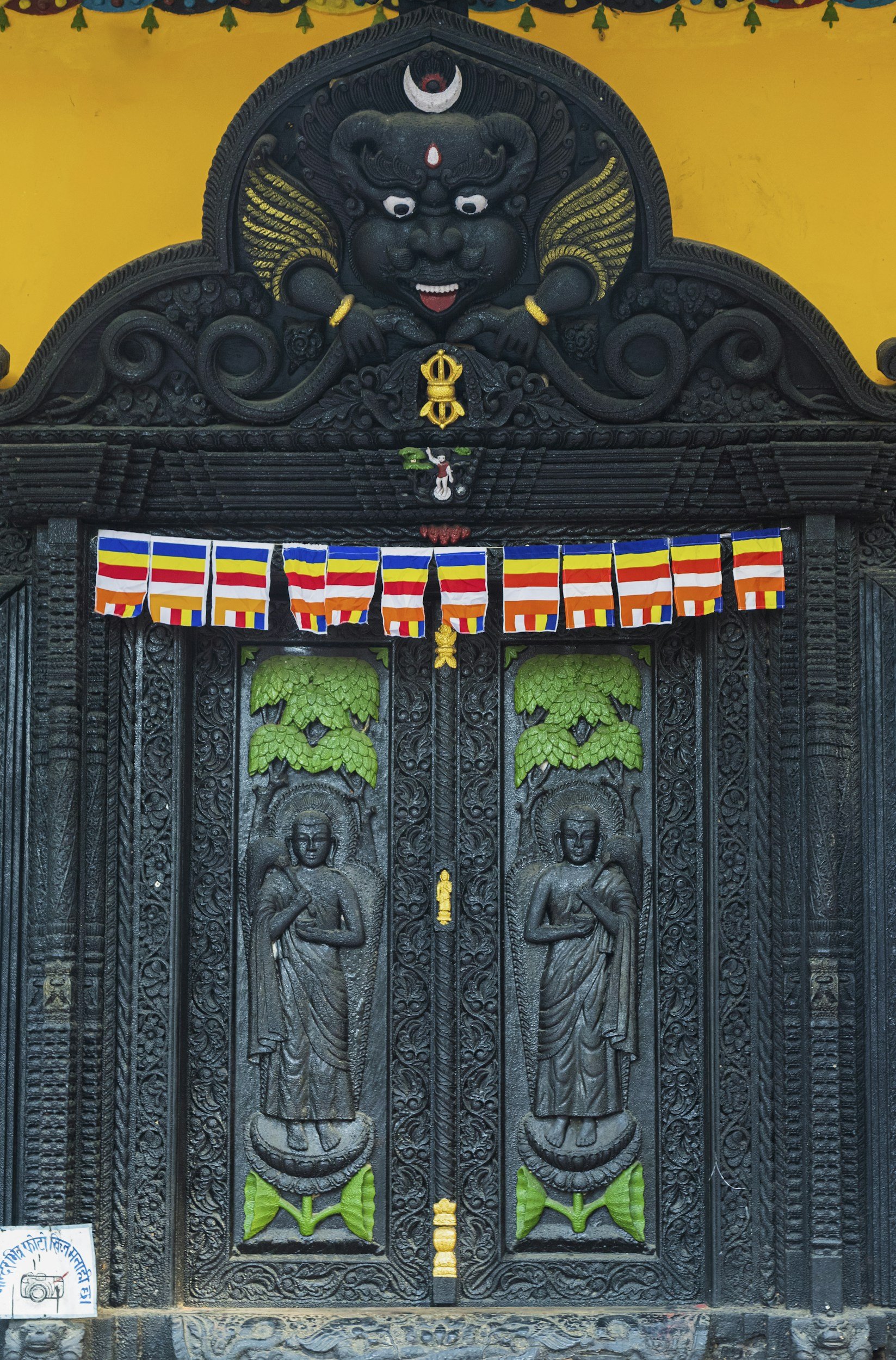Chukwu and Mbeku (A Story of Two Impossible Tasks)
Listen to this story 👇🏾
In the early days of the world when the line between gods and men was often crossed, Chukwu, the supreme deity, was known to set challenges for creatures that roamed the earth. One such creature was Mbeku, the crafty Tortoise. Mbeku’s wit and cunning were well-known throughout the land, and Chukwu, curious to test the bounds of Mbeku’s cleverness, devised a series of impossible tasks.
One day, Chukwu summoned Mbeku to his sacred compound. Mbeku, knowing full well that Chukwu’s summons usually meant trouble or trickery, approached cautiously. When he arrived, Chukwu spoke, his voice like the rumble of thunder.
“Mbeku,” Chukwu began, “I have a task for you. You must bring me palm wine, but not in a pot nor in a calabash; through neither the bush nor the road; not by morning, noon, nor evening; and the wine should be neither full nor short of being full.”
Mbeku’s eyes widened as he listened to the seemingly impossible task. But where others might have despaired, Mbeku’s mind raced, calculating every possible solution. Without a word, he bowed low and left Chukwu’s presence, his shell scraping the earth as he walked.
For days, Mbeku pondered the problem. Finally, a sly smile crept across his face. He had found a solution.
Mbeku set out at night, under the cover of darkness. He did not walk on the bush paths or the main road but took the underground tunnel that ran beneath a stream. On his back, he carried not a pot, nor a calabash, but a food mortar, a vessel not typically used to carry wine. And inside the mortar was the palm wine, shifted over so that one side was brimming with liquid while the other side was only half full.
He arrived at Chukwu’s compound before dawn, the stars still twinkling in the sky but with the first whispers of the coming day. As Chukwu sat expectantly, Mbeku presented the mortar of wine, smiling as he offered it with great ceremony.
Chukwu looked at the mortar, then at Mbeku, dumbstruck. The god inspected the wine. It was neither fully full nor completely empty. Mbeku had crossed neither bush nor road, and the task was done in the stillness of the night, when it was neither morning, noon, nor evening. Mbeku had fulfilled every condition Chukwu had laid out.
Chukwu's lips twitched, half in frustration and half in admiration. He had not expected Mbeku to succeed so easily. But Chukwu wasn’t done yet.
“Mbeku,” Chukwu said, his voice now calm but with a glint of challenge in his eyes. “I give you another task. Take this rooster and hen. Before the year runs out, the rooster shall lay eggs, and the hen shall crow.”
Mbeku blinked, stunned. But as always, his mind quickly spun into action. He took the rooster and hen and left, deep in thought.
For weeks, Mbeku wandered the marketplace, appearing deeply troubled. He would strike himself with a club and shout mournfully, “My father has died in childbirth! My mother has perished in battle!”
People began to gather, whispering among themselves, confused by Mbeku’s strange behavior. Eventually, the noise and curiosity grew so loud that even Chukwu, watching from the heavens, became curious. He descended from the sky and joined the crowd.
“Mbeku,” Chukwu called out, pushing his way through the onlookers, “what nonsense are you speaking? How can a man die in childbirth? How can a woman perish in battle?”
Mbeku paused, letting the weight of Chukwu’s words hang in the air. Then, with a sly grin, he turned to Chukwu and retorted, “Can a hen crow? Can a rooster lay eggs?”
Chukwu froze. The clever tortoise had bested him once again. The god could only shake his head in admiration. Mbeku had turned his own riddle against him, solving the impossible with wit and logic.
Realizing that no further tests could outsmart Mbeku, Chukwu allowed the matter to rest. From that day on, Mbeku’s name was known throughout the land as not only a trickster but a being capable of outwitting even the gods themselves.
And so, the legend of Mbeku spread far and wide, a tale told under the moonlight around hearths, reminding people that wit, patience, and cleverness can solve even the most impossible of challenges.
The End.
Lessons from the story:
Resourcefulness and Creativity: Mbeku shows that even the most impossible tasks can be solved with creativity and resourcefulness. Rather than giving up when faced with difficult challenges, he used his intellect to find unconventional solutions. This teaches us that thinking outside the box can lead to success.
Perseverance and Patience: Mbeku’s calm and deliberate approach to solving each challenge reminds us that patience and perseverance are key to overcoming difficult obstacles. Instead of rushing, Mbeku took his time to devise the best solution.
Wit Over Strength: In many situations, intelligence and wit can triumph over brute force or speed. Mbeku outwits Chukwu’s challenges by relying on his cunning rather than physical strength or speed, emphasizing the value of mental sharpness.
Question Authority When Necessary: Mbeku’s retort to Chukwu’s seemingly impossible task demonstrates that questioning authority or norms, when done with wisdom, can yield beneficial outcomes. It shows that challenging the status quo can lead to innovation and change.
Humility in Success: Despite outwitting Chukwu, Mbeku does not boast or ridicule the god. His actions suggest that even in success, one should remain humble and wise, as pride often leads to downfall.
What other lessons come to mind from this story? Let us know in the comment section below. Daalu!























